Choose from 11 age appropriate modules - aligned with your school needs.
Conversations about consent, respectful relationships, identity and puberty can often feel challenging for teachers to navigate in the classroom. That’s why Life Ed Victoria provides specialist facilitators, trained to deliver these sessions with confidence, care, and sensitivity. Our Relationships and Sexual Health stream gives primary school students the knowledge and skills they need to understand the physical, social, and emotional changes that come with growing up. With curriculum-aligned, age-appropriate content, these sessions help children explore who they are, build safe and respectful relationships, and manage the changes of puberty in a healthy way. By creating a safe and supportive environment, our facilitators empower students to ask questions, express their feelings, and develop life skills that support their wellbeing and relationships into the future.
In-classroom delivery
Victorian curriculum 2.0 aligned
Foundation to Year 6
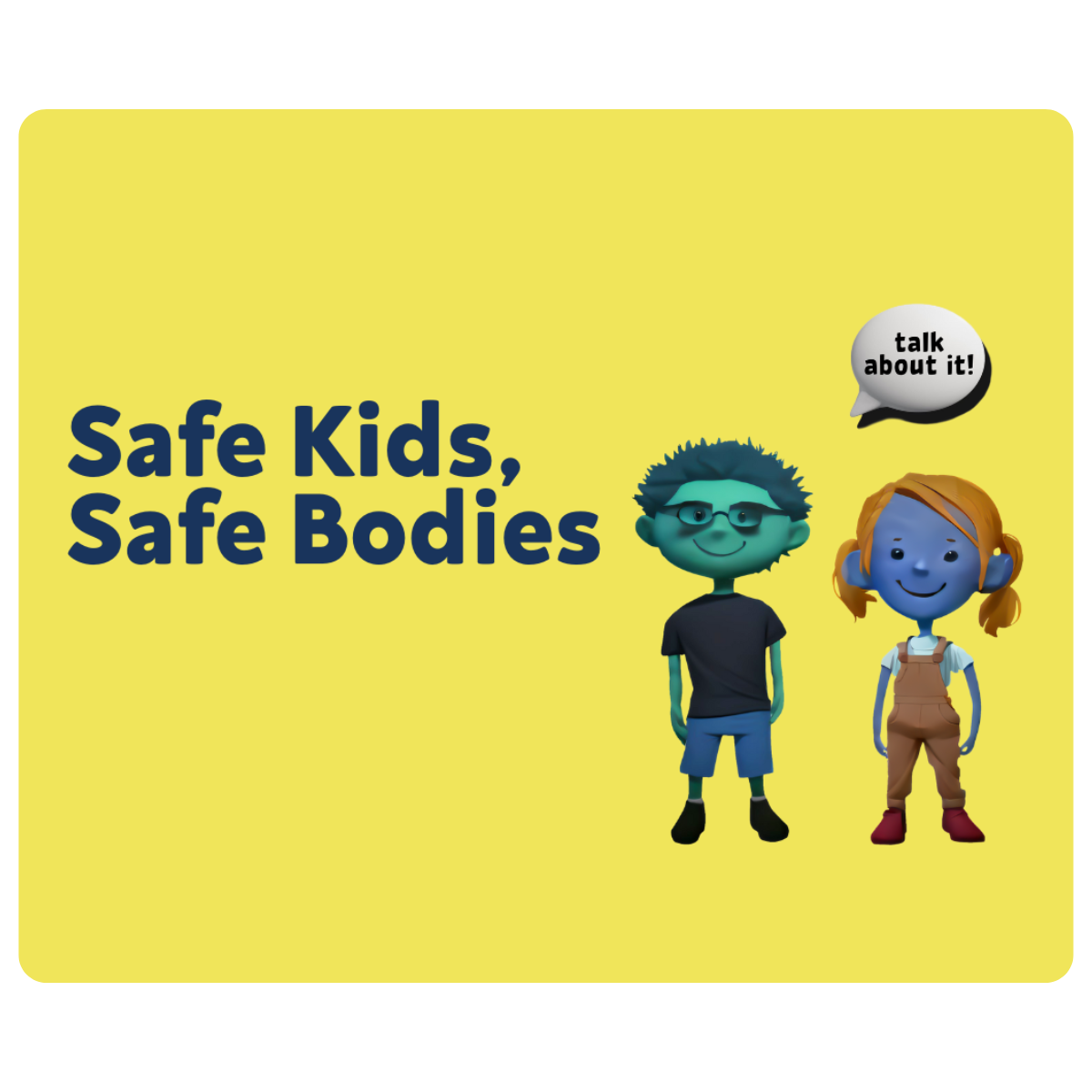
Foundation
Safe Kids, Safe Bodies (60 mins)
Personal safety, consent, early warning signs, trusted adults and strategies to keep safe.
- Personal safety
- Consent
- Early warning signs
- Trusted adults and strategies to keep safe
LEARN MORE +
Students learn about body rights and consent. They practice strategies for what to do in an unsafe situation and identify trusted adults they can go to for help.
Students will also learn the difference between safe and unsafe touch, the anatomical name for private parts and the difference between private and public body parts.

Year 1 - 2
Safe Kids, Safe Bodies (60 mins)
Body rights, consent, early warning signs, trusted adults, safe and unsafe touch with strategies to keep safe.
- Body rights and consent
- Identify early warning signs for unsafe situations
- Safe and unsafe touch
- Identify trusted adults
LEARN MORE +
Students learn about body rights and consent. They practice strategies for what to do in an unsafe situation and identify trusted adults they can go to for help.
Students will also learn the difference between safe and unsafe touch, the anatomical name for private parts and the difference between private and public body parts.
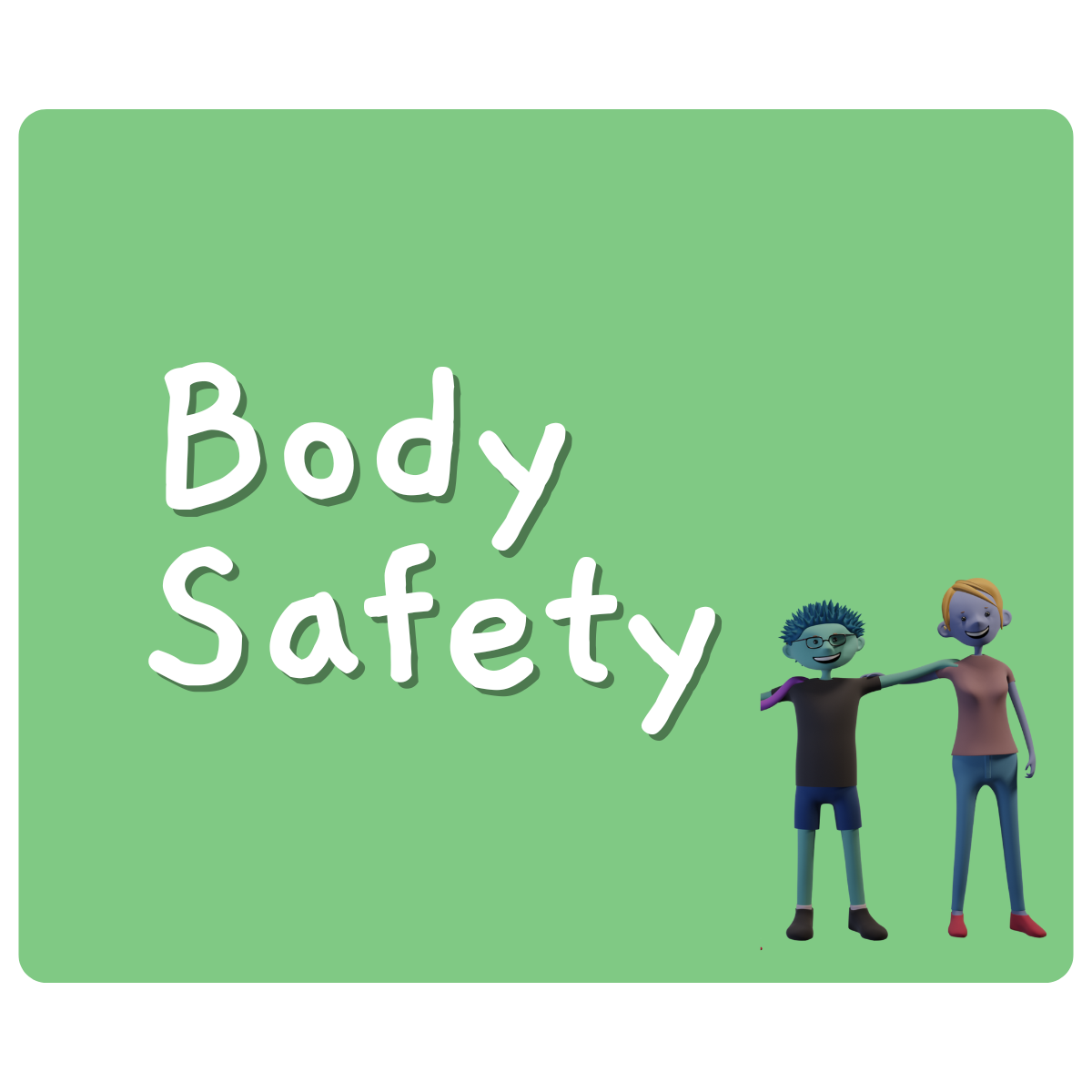
Year 3 - 4
Body Safety (60 mins)
Recognise physical responses to feeling unsafe and identifying safe adults to talk to.
- Body awareness
- Body safety
- Trusted adults
- Consent
LEARN MORE +
Students learn to recognise feelings and understand the need to talk about our feelings. Unsafe or uncomfortable feelings and safe adults they can report concerns to.
Students will also learn the difference between secrets and surprises, safe and unsafe touch.
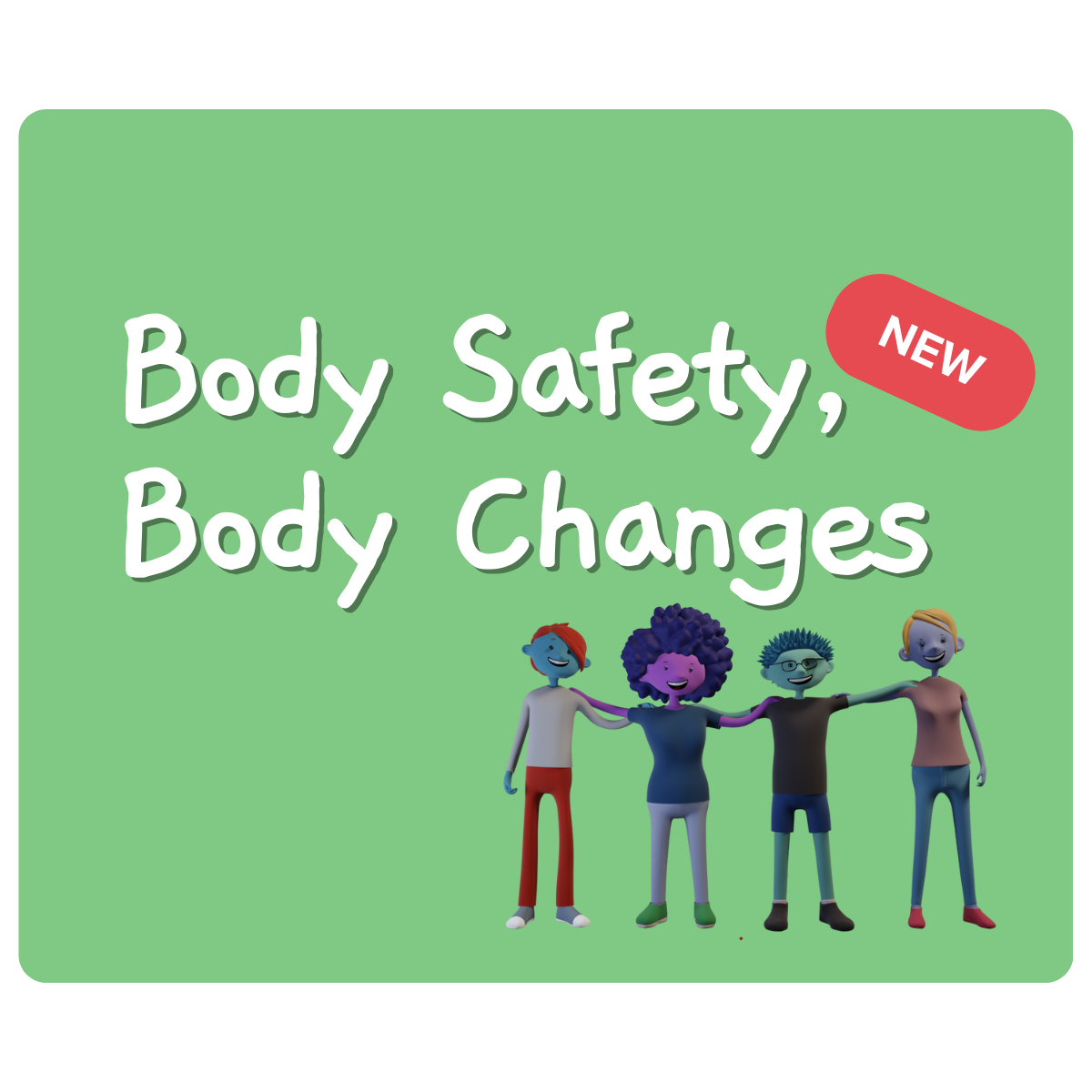
Year 4
Body Safety, Body Changes (75 mins)
This is an early introduction to puberty and body changes for students. Body safety is also discussed with elements of consent and trusted adults.
LEARN MORE +
- Define puberty and identify the changes that can occur during puberty
- Recognise physical responses that indicate they are feeling unsafe or uncomfortable
- Understand the difference between safe and unsafe touch, and secrets and surprises
- Practise protective behaviours
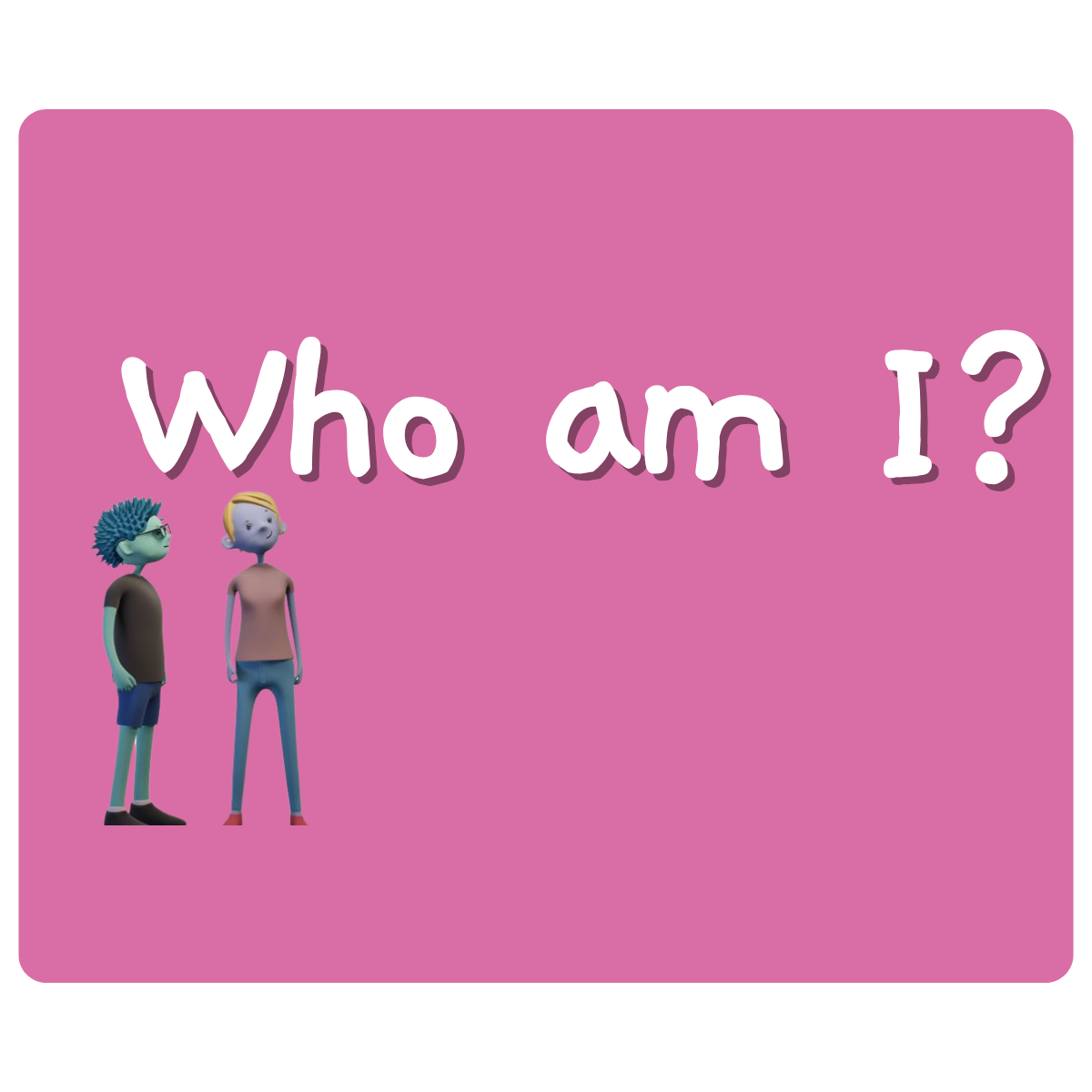
Year 5
Who am I (60mins)
Identity, character strengths and importance of
self-talk.
- Components of identity
- Celebrating uniqueness and diversity
- How to recognise character strengths in themselves and others
- What influences and shapes personal identity
- The importance of self-talk
- How stereotypes can be harmful
LEARN MORE +
What makes up a person’s identity? How are identities influenced and what can they be influenced by? Why is it important to celebrate diversity?
The Who am I? module in the Talk About It program answers these and other important questions about the development of identity.
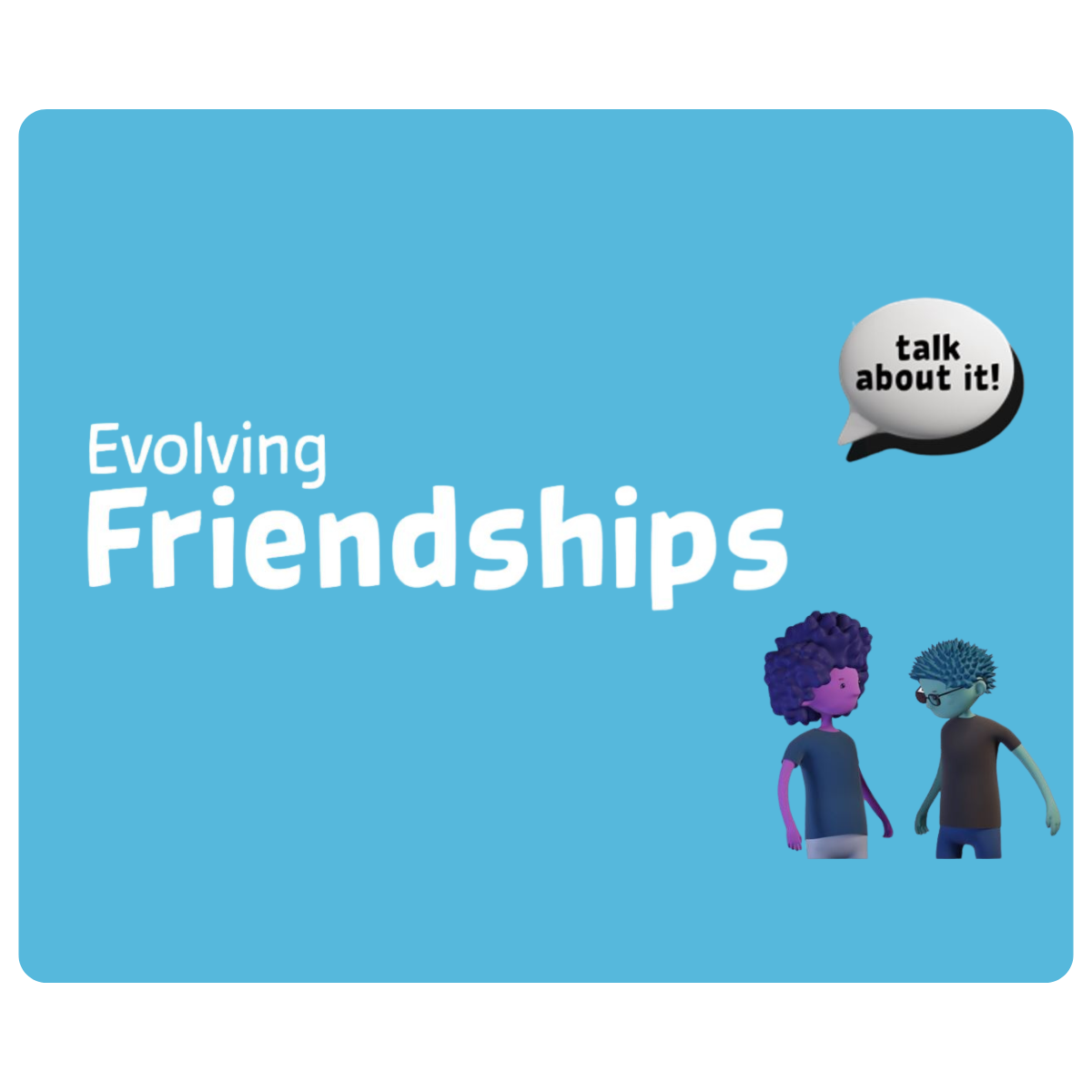
Year 5
Evolving Friendships (90 mins)
Recognising emotions, warning signs and unhealthy friendship behaviours.
- To recognise emotions in themselves and others
- Celebrating uniqueness and diversity
- Characteristics of healthy friendships.
- Warning signs and unhealthy behaviour in friendships
- Practice assertive communication strategies
LEARN MORE +
As children’s bodies change through puberty, so too do their friendships and relationships. Understanding the qualities that define a healthy and positive relationship, will support students to navigate some of the most common relationship issues they face during this period of their lives and provide a foundation for positive relationships throughout their lives.
The Evolving Friendships module by Life Education also examines peer pressure and conflict, providing students with practical skills to overcome and resolve these issues independently.
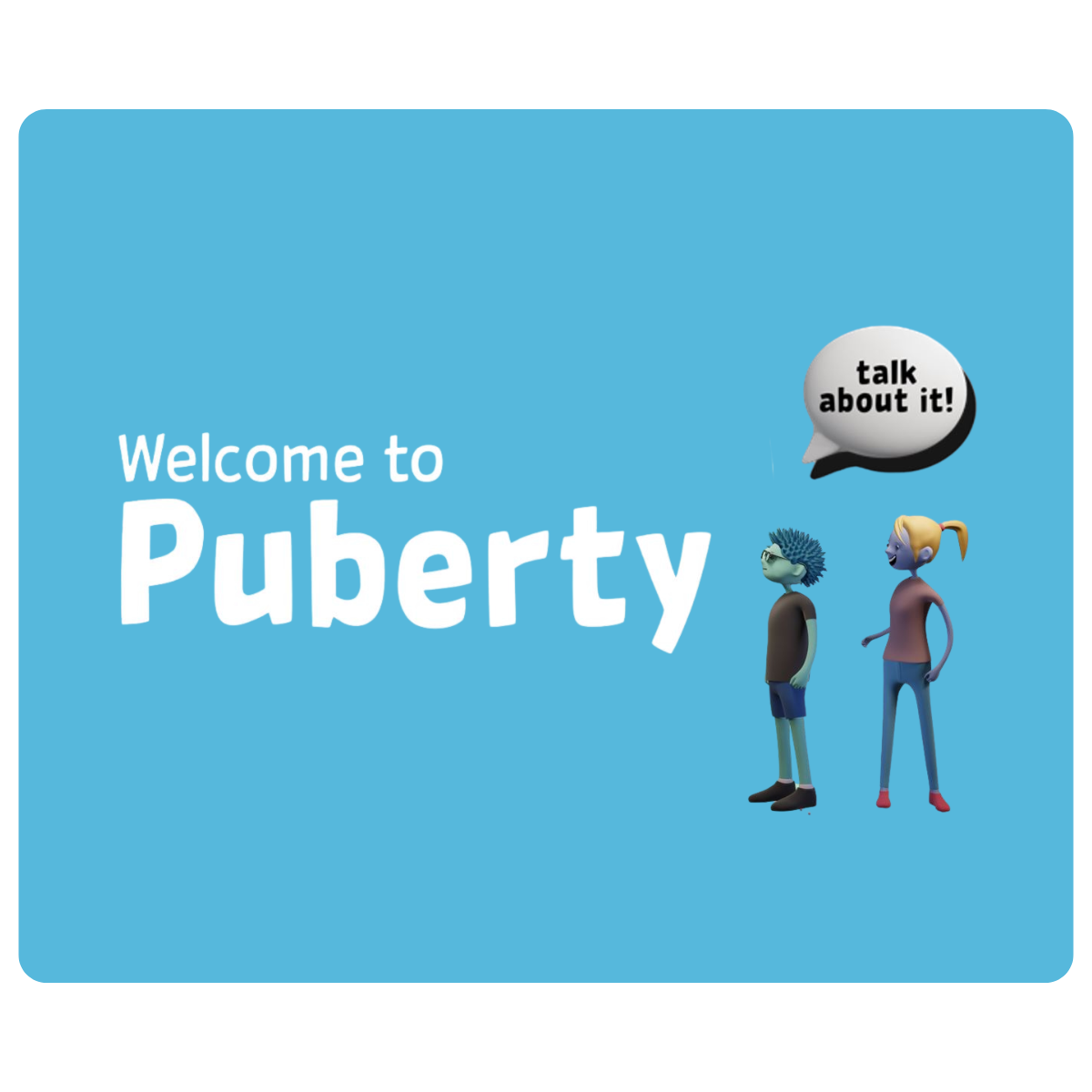
Year 5
Welcome to Puberty (105 mins)
Understanding the physical, social and emotional changes during puberty.
- The definition of puberty as an important change
- Names of male and female external private parts
- Basic male and female reproductive anatomy.
- Physical, social and emotional changes that occur during puberty
- The importance of communication and hygiene
- Sanitary product demonstration (pads and tampons)
LEARN MORE +
Focusing on understanding the physical, social and emotional changes that occur during puberty, Welcome to Puberty also provides students with practical information on how to stay safe, look after themselves and seek help and additional information.
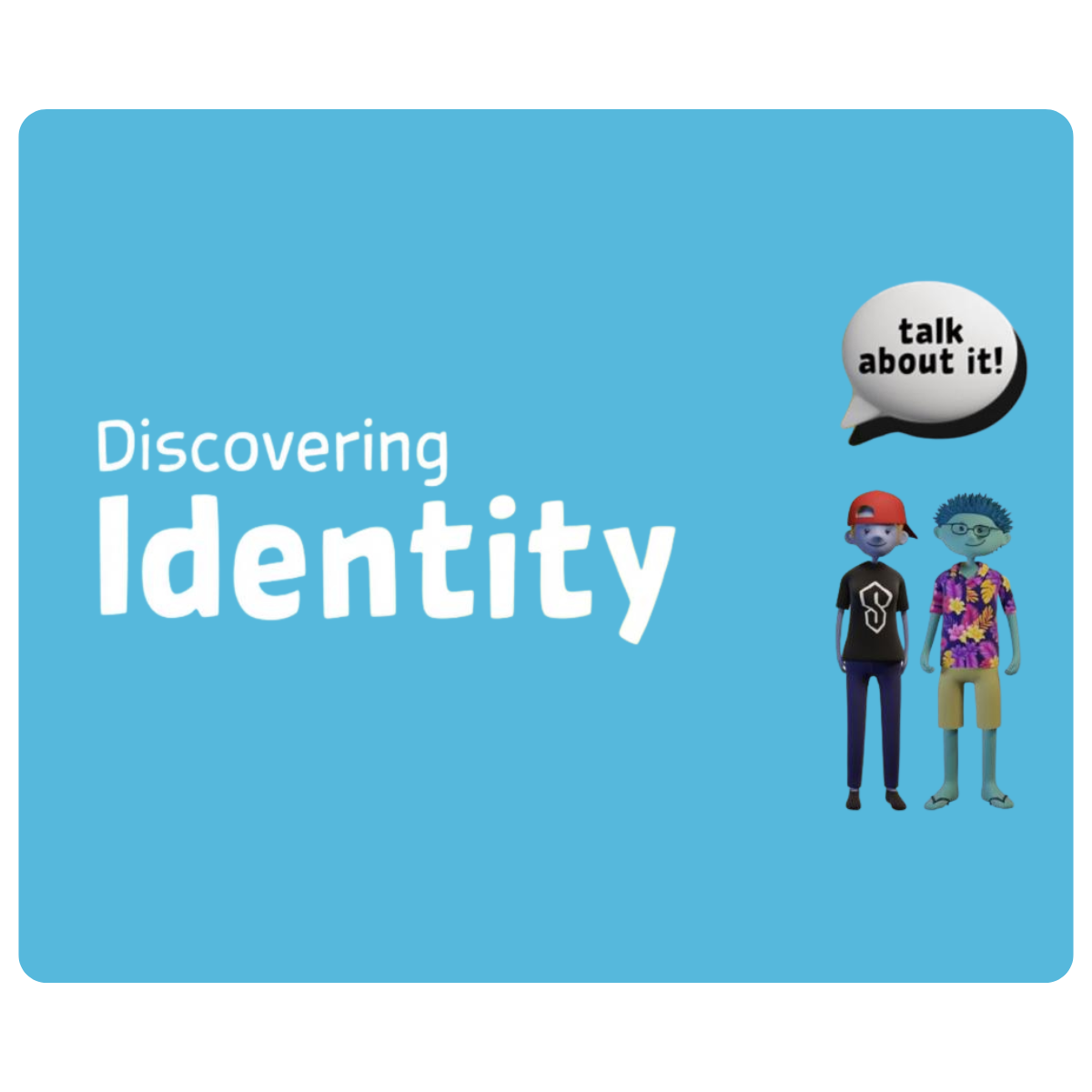
Year 6
Discovering Identity (60 mins)
Further explores identity introduced in Who am I? - our values and how these change over time.
- How and why a person’s identity changes during puberty
- What influences and shapes personal identity
- How to recognise their personal values and strengths
- Emerging concepts about body image, gender and attraction
- The importance of self-care
LEARN MORE +
Discovering Identity further explores the concept of identity introduced in Who am I? by examining what and who influences personal and cultural identity as well as how a person’s values are developed and how they impact decision-making.
In addition, students will explore emerging topics including comparison, body image and gender stereotypes and their influence on a person’s identity and self-expression.
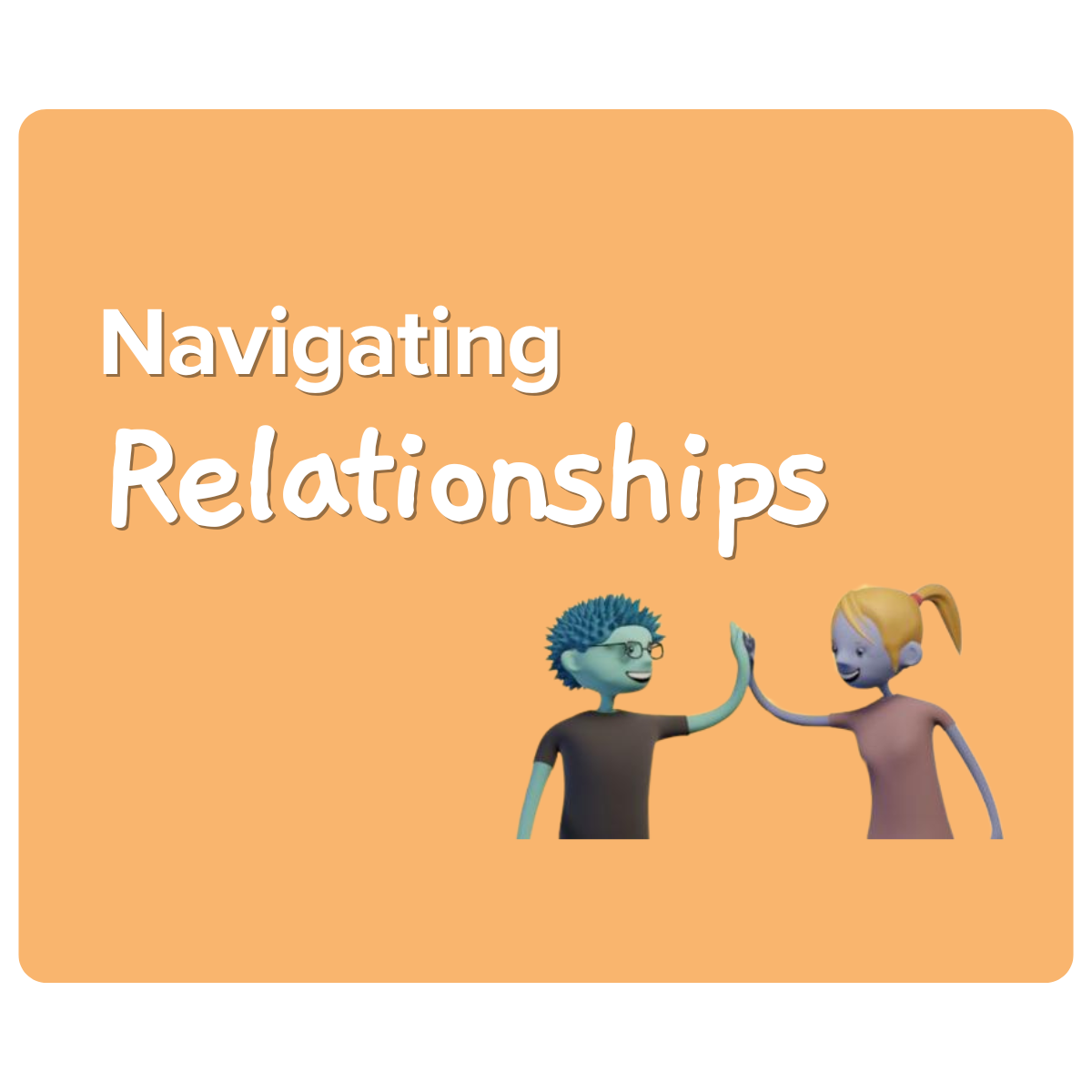
Year 6
Navigating Relationships (90 mins)
Manage changing relationships throughout puberty
- Positive characteristics of relationships and the nature of changing relationships (including intimate relationships)
- Strategies for dealing with unhealthy behaviours
- Recognise impact of relationships on personal wellbeing
- Practice self-regulation strategies
- Role-play conflict resolution strategies
- Explore personal rights and responsibilities
- Consent and boundaries
- The role of technology in friendships and how to stay safe online
LEARN MORE +
Picking up on themes introduced in Evolving Friendships, this module is designed to support students to manage changing relationships throughout puberty and provides practical skills and advice to navigate this often confusing time.
With special focus on personal rights and responsibilities, Navigating Relationships provides students with strategies to help them to identify and deal with unhealthy behaviours within relationships.
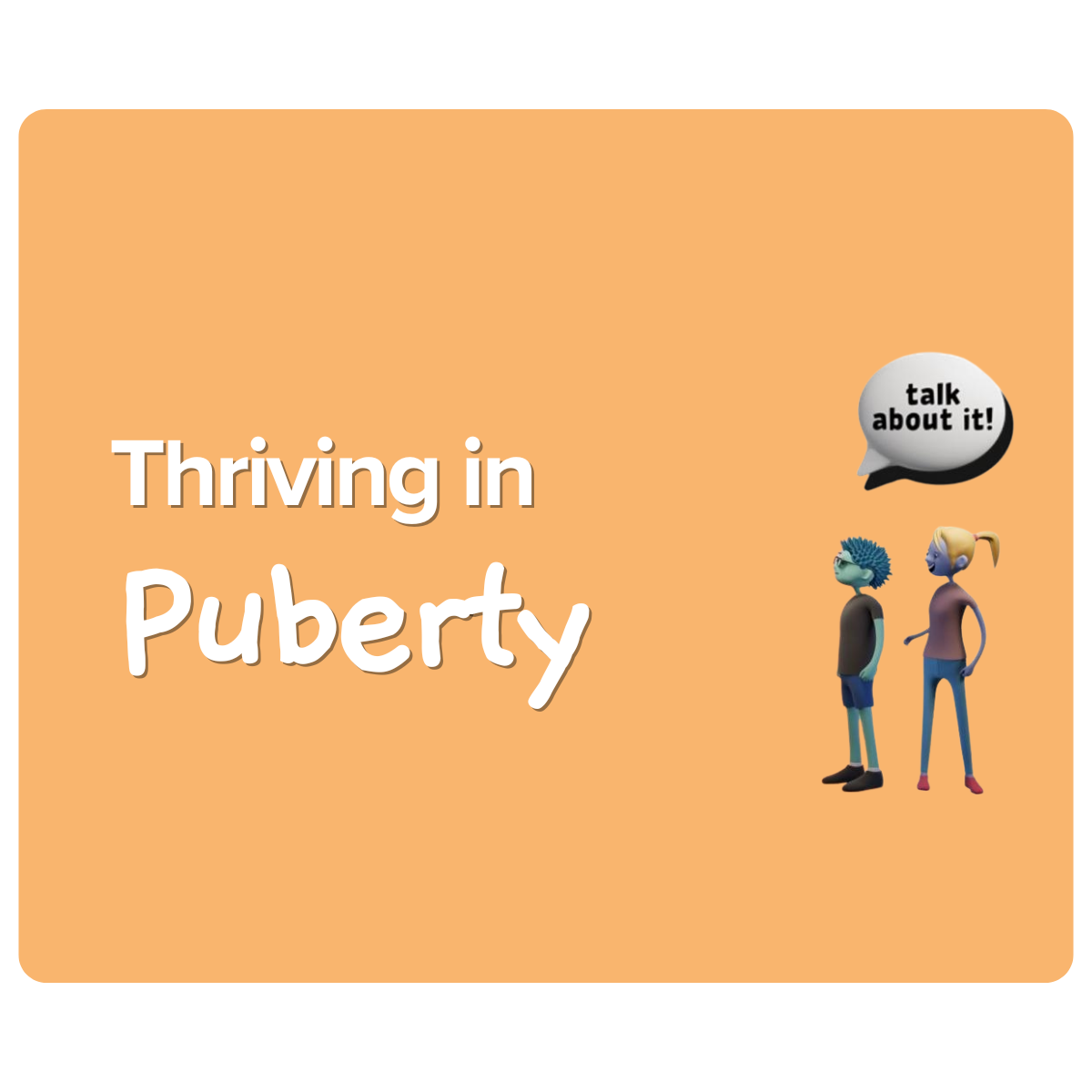
Year 6
Thriving in Puberty (120 mins)
Following on from Welcome to Puberty students learn about male and female reproductive systems
- The definition of puberty in terms of lifespan
- Basic female and male reproductive anatomy
- Physical, social and emotional changes that occur during puberty
- Strategies to deal with puberty changes
- Where to seek help and find information
- The importance of respecting personal boundaries and consent
- Sanitary product demonstration (pads and tampons)
LEARN MORE +
Following on from Welcome to Puberty, this module continues students’ learning about male and female reproductive systems and extends learning to provide practical strategies that they can implement to cope with the many physical, emotional and social changes that occur during puberty.
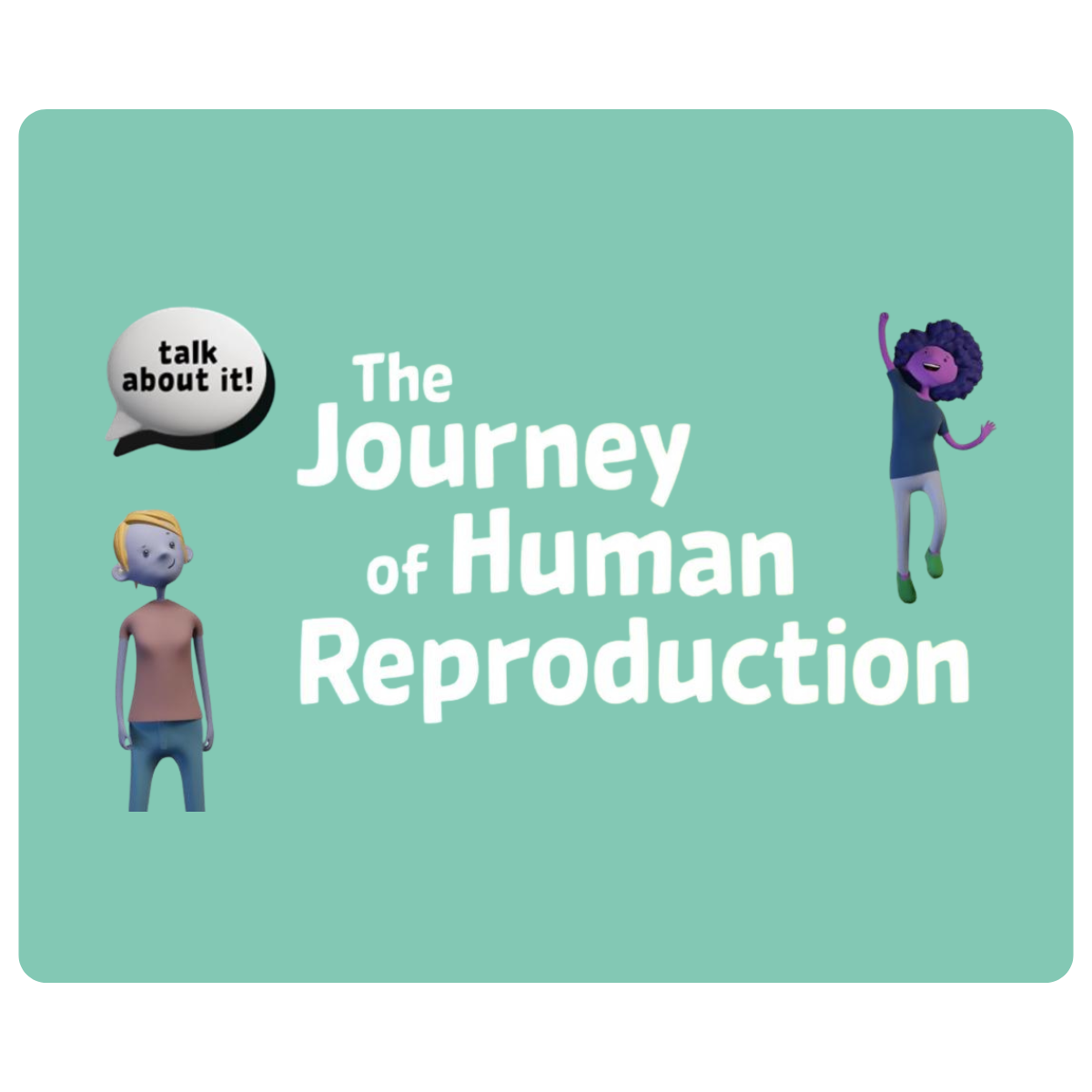
Year 6
The Journey of Human Reproduction (60 mins)
Identify the social, emotional, physical and legal consequences of sex.
- The social, emotional and legal consequences of intercourse, including the legal age of consent
- The process of conception, foetal development and birth
- That intercourse may result in pregnancy
LEARN MORE +
The Journey of Human Reproduction, expands on previous reproduction knowledge to help students identify the social, emotional, physical and legal consequences of sex, whilst also exploring the process of conception, foetal development and birth.
This module is delivered in the classroom with our specialist facilitator and the class teacher present.
On-Demand Webinars
Parents & Carers
We provide the opportunity for parents and carers to learn more about our Relationships and Sexual Health stream through our online information sessions. These recordings give parents and carers insight to our sessions and an opportunity to understand what information is delivered. We also suggest ways to navigate those tricky conversations that can arise as your child grows.
Join our professional Relationships and Sexual Health facilitator as they discuss key topics and frequently asked questions.
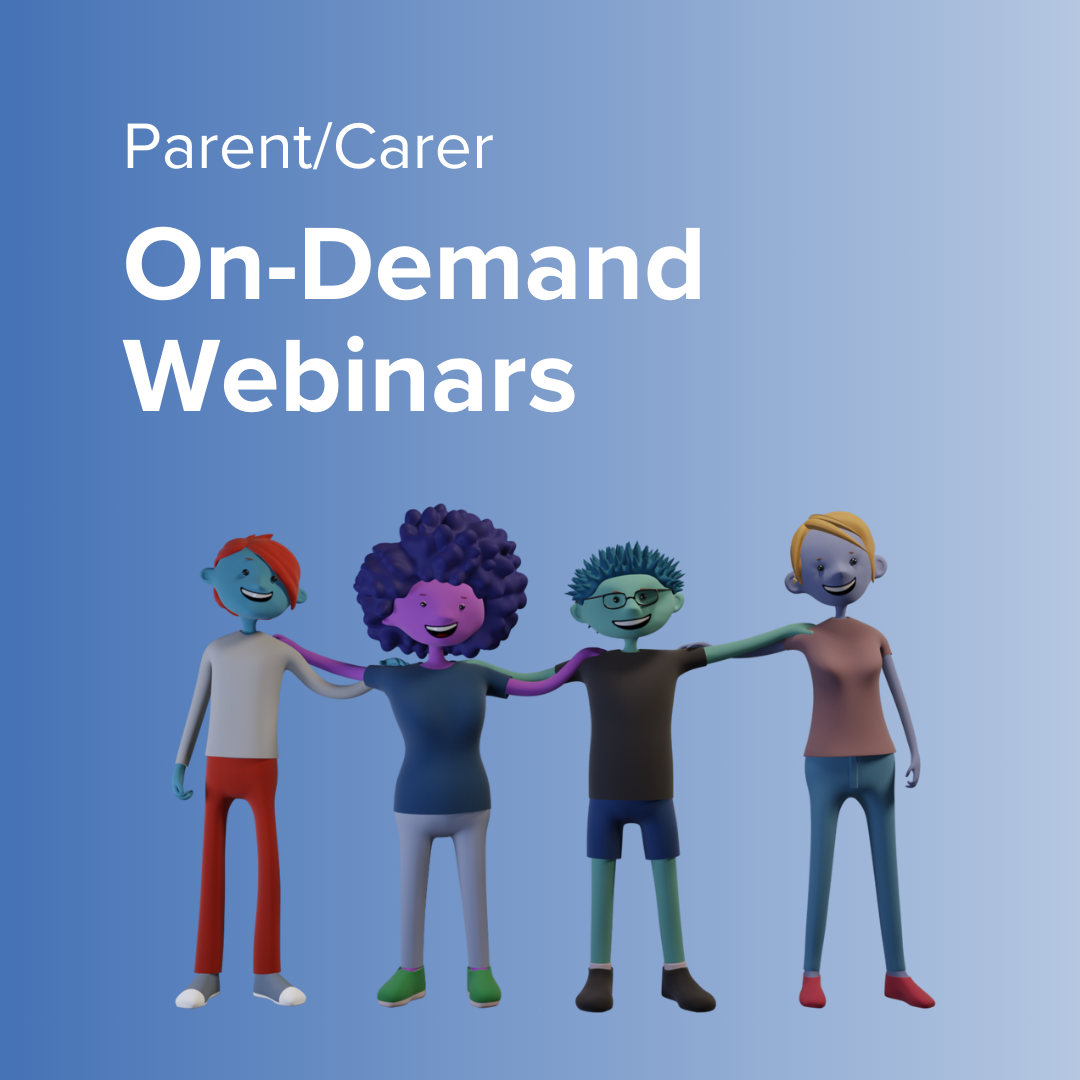
Exlpore More Streams
Harold's Big Assembly!
Download our Program Brochure
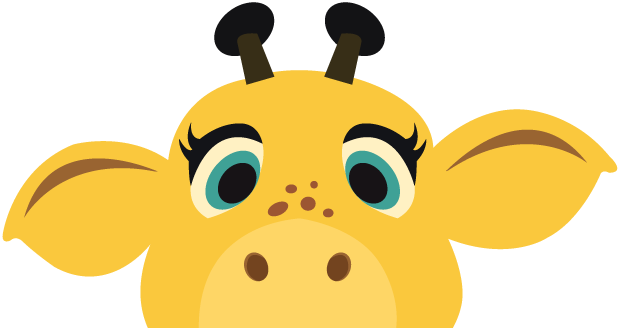
Victorian Aligned Curriculum
To support your planning and ensure our programs complement your classroom teaching, we’ve provided module overviews and curriculum alignment documents aligned to the
Victorian Curriculum 2.0. These resources make it easy to see how each Life Ed module links to key learning areas and year-level outcomes.
They’re designed to help you confidently integrate our content into your teaching, support reporting, and align with whole-school wellbeing and health priorities.
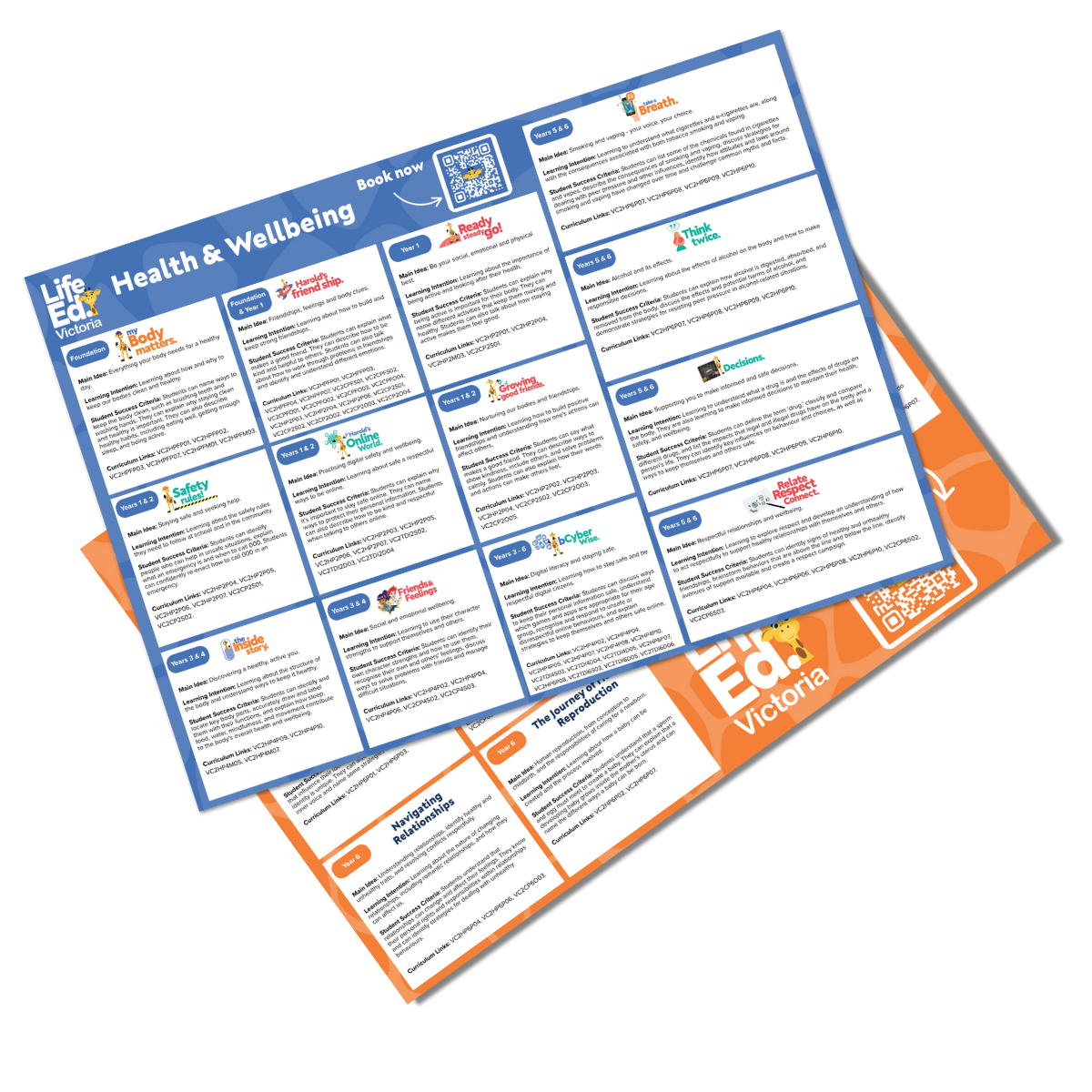
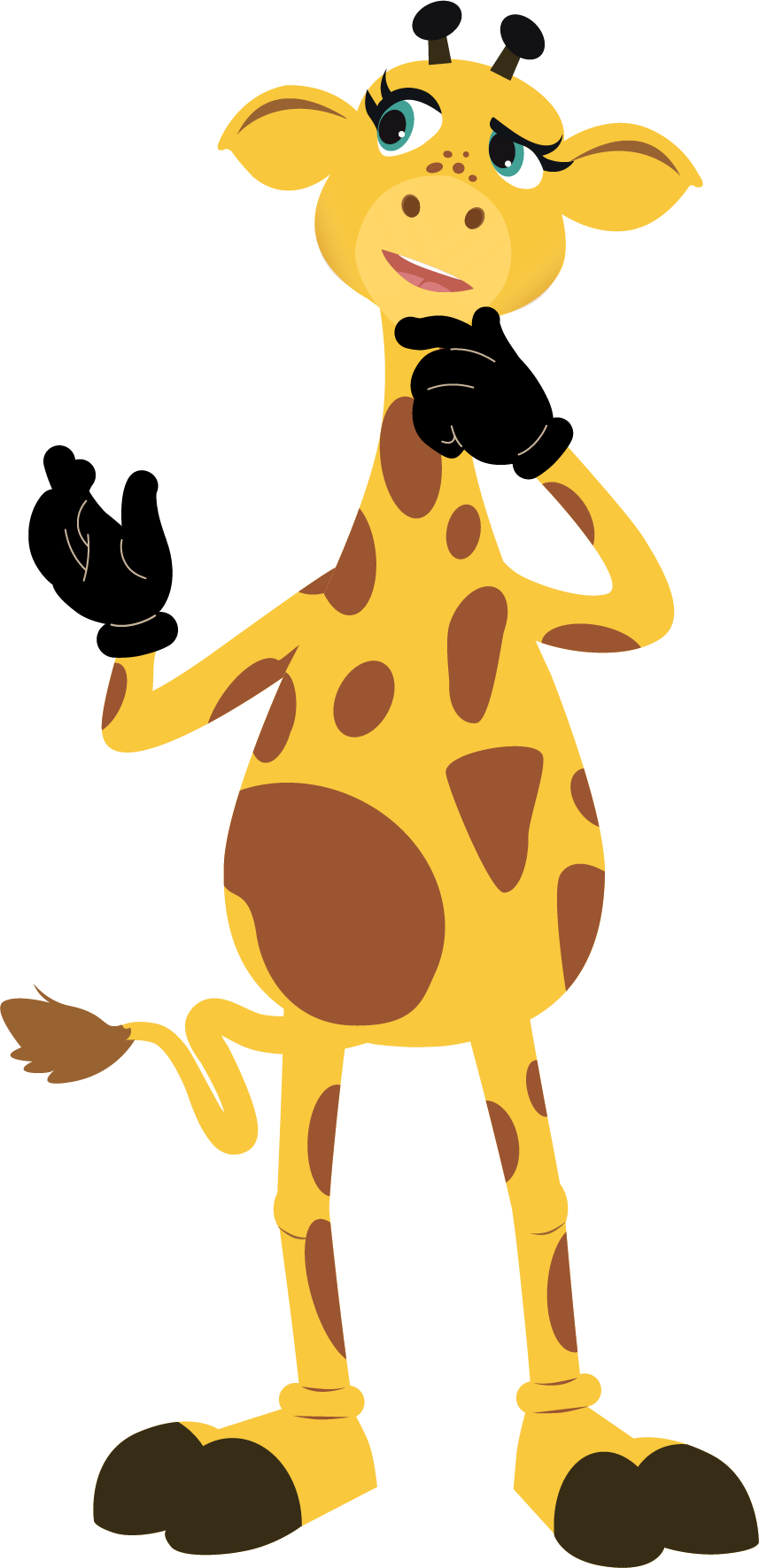
Have a question?
Do you have an enquiry about our streams and which module would best suit your school needs? Contact our friendly team and we'll be in touch shortly.








